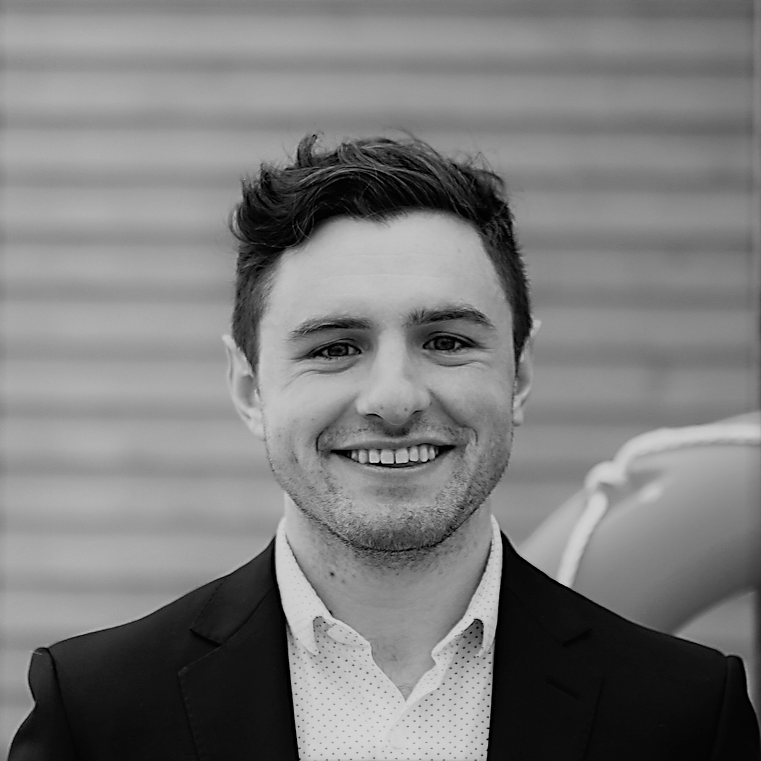The first thing I noticed was his hand. I watched as his index finger swirled anxious circles around his thumb; tracing new paths through the deep grooves etched by the hardship, tenacity, and bricks of decades past. These were not the hardened hands of the farmers that normally passed through here. The nails were too soft, the cuticles too clean, and there was no dirt permanently sealed into the nailbed and palms, yet they still spoke of this land and were somehow more familiar to me. We locked hands and I think we knew. What I didn’t realize was what this connection would become – that we would become each other’s tether to the place we call home.
I remember the day that I first met Arthur. It was a couple of months into residency and I was debating whether I had made the right match. It was a Friday at the end of a long clinic day and he was my last patient. The autumn chill was creeping through the office and the sky had already tucked itself in for the night. I was feeling the pull of a weekend off as I turned the doorknob, but when I walked in I forgot about all of that. His defeated shoulders hung off of his small frame and I could tell he was nervous. I took an hour that evening to listen to his story. His soliloquy had me holding back tears that would later pour forth as I walked home. I was the first person to suggest his diagnosis of Parkinson’s disease and I will never forget how those seconds of silence hung between us, so tangible that it seemed to quiet the world around us. I remember thinking that I would never again see such a textbook presentation of the disease, and certainly I was interested from an academic point of view. However, what has truly humbled me and made me relish my choice to pursue family medicine was the privilege of sitting with such a beautiful study of the human experience.
After completing the mandatory portion of the appointment our conversation turned to the crux of the issue. I remember him telling me that the he doesn’t feel sorry for himself, but that he feels sorry for his partner because he has to take on the responsibility of his slow decline. “We are familiar with suffering” he told me “but this is new territory and we don’t know how to navigate this journey”. He told me stories about the fear of the 80s and the loss of friends to a disease steeped in stigma and unknowns. We silently commiserated on this topic, but the part that really gave me pause was how he described his relationship with his hometown.
He moved away from his hometown at the age of 20. He told me of the conflict he felt between the love for his hometown and the exclusion he felt by it’s inhabitants. Though he felt most connected to and wished to live in his hometown, he had fled for the comfort of chosen family in Toronto because the trauma of his childhood had built curtain walls that precluded him from penetrating its inner sanctuary. He had spent years attempting to scale the fortress that kept him away from his truth, and it wasn’t until memory had faded enough to keep him within a safe distance of harm that he was able to return to his home for his last chapter.
I spent a long time just listening to Arthur’s story that first day. Subsequent visits strengthened our relationship and understanding of one another’s life experiences. Being queer men, he opened up to me. We have not always belonged in those areas that we identify as home. This is what has been simmering within me for the past few months. I yearn to live and work in rural Canada for all of the amazing opportunities and privileges that is offers. Though the land itself is welcoming, our communities do not always echo the same message, which is why listening to Arthur’s journey helped me realize the importance of my role as a physician.
Though we have come a long way from the days of hurling bricks, we still need to create more space for those who have been marginalized throughout rural Canada. Now, whenever I clasp those resilient hands I am reminded of the duty to foster this environment, to hold my own space, and to shake the system to welcome in a more forgiving future where we do not only choose our home, but our home chooses us.
Dr. Andrew O'Dea, BSc (Hons), MD St. John's, NL

